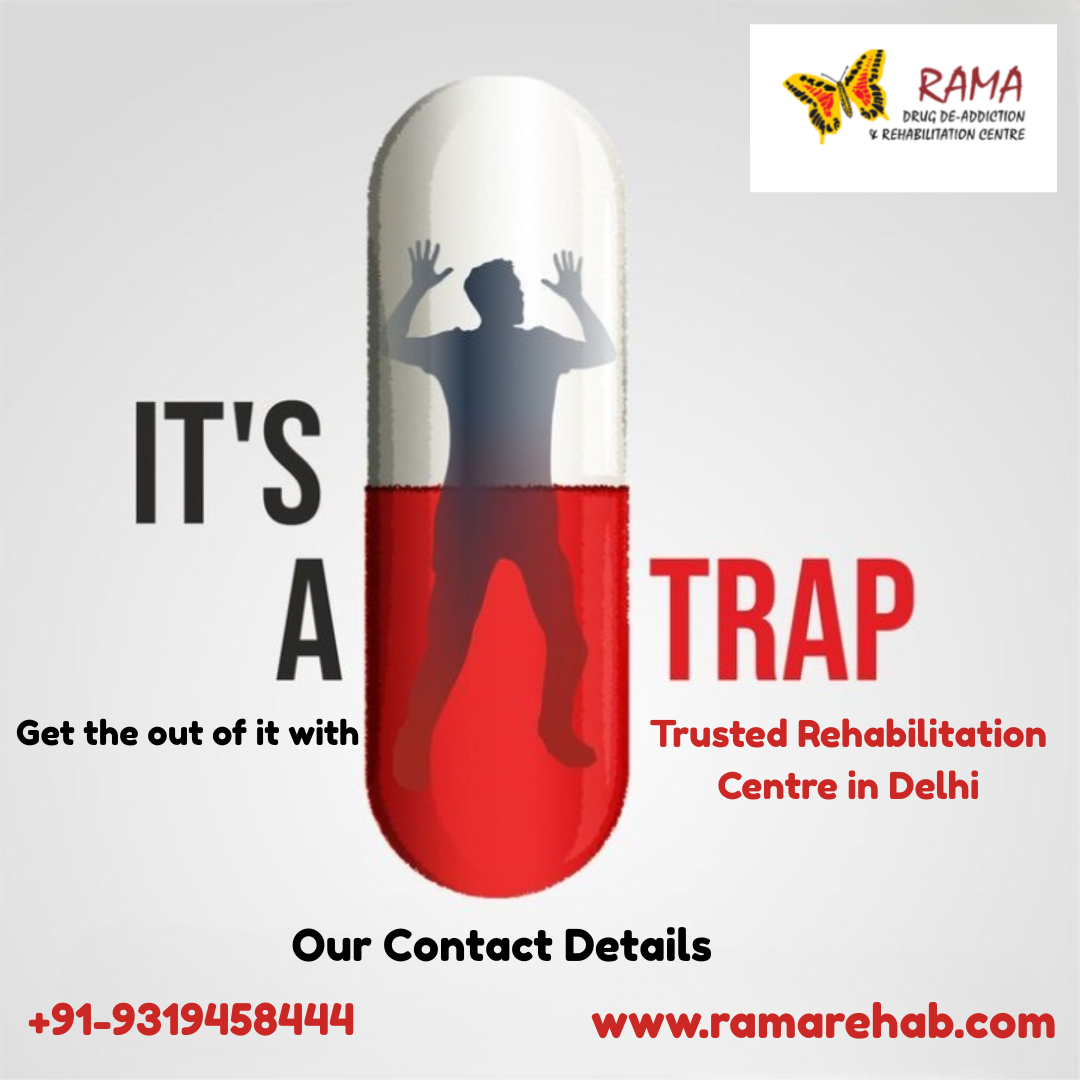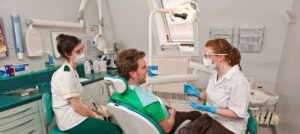Step-by-Step Guide: What to Expect at a Rehabilitation Centre in Delhi
Choosing to seek help at a rehabilitation centre is a big and brave decision. If you or your loved one...

Choosing to seek help at a rehabilitation centre is a big and brave decision. If you or your loved one is preparing for recovery, understanding what lies ahead can ease the anxiety. In this guide, we’ll walk you through the step-by-step journey at a Rehabilitation Centre in Delhi, so you know exactly what to expect.
Step 1: Admission and Initial Assessment
The first step begins with admission. As soon as you arrive, the medical team will conduct a thorough assessment. This usually includes:
- Medical evaluation (checking physical health conditions)
- Psychological evaluation (mental health screening)
- Substance use history (type, frequency, duration)
This helps the team design a personalized treatment plan suited to your needs. It’s important to be open and honest during this phase to ensure effective care.
Step 2: Detoxification (If Needed)
For individuals struggling with substance addiction, detox is often the next step.
- Detox helps the body eliminate harmful substances.
- It is monitored 24/7 by doctors and nurses.
- Medication may be provided to ease withdrawal symptoms.
Detoxification typically lasts from a few days to a couple of weeks, depending on the severity of the addiction.
Step 3: Creating Your Customized Treatment Plan
After detox, the focus shifts to long-term recovery. You will work closely with a team of doctors, psychologists, and counsellors to create a custom treatment plan, which might include:
- Individual therapy (one-on-one sessions)
- Group therapy (support groups and peer discussions)
- Family counselling (to rebuild trust and communication)
- Cognitive Behavioral Therapy (CBT) and other modern methods
Every plan is tailored to address both the addiction and any underlying mental health issues like depression, anxiety, or trauma.
Step 4: Therapy and Skill-Building Sessions
Rehabilitation is not just about quitting a substance; it’s about building a new life. During this phase, you will participate in:
- Life skills training (stress management, time management)
- Relapse prevention classes
- Fitness programs (yoga, exercise)
- Creative therapies (art, music, dance)
These activities strengthen your emotional resilience and prepare you for a sober life outside the centre.
Step 5: Monitoring Progress and Adjusting Treatment
Throughout your stay, your progress will be regularly reviewed by the clinical team. If needed, your treatment plan will be adjusted.
The focus remains on continuous improvement, ensuring you’re gaining the skills, confidence, and mindset needed for recovery.
Step 6: Preparing for Discharge and Aftercare
When you’re ready to leave the rehabilitation centre, the support doesn’t end there. A good Rehabilitation Centre in Delhi will prepare a discharge plan that may include:
- Follow-up counselling sessions
- Outpatient therapy
- Support group meetings (like AA or NA)
- Relapse prevention strategies
Aftercare is crucial because early recovery is delicate. Ongoing support increases the chances of long-term success.
Final Thoughts
Every journey through a rehabilitation centre is unique, but knowing the structure helps reduce uncertainty. Rehabilitation Centre in Delhi are equipped with modern therapies, experienced teams, and compassionate support systems to help you rebuild your life.
Remember, seeking help is not a sign of weakness — it’s a decision to reclaim your future with strength.
If you or someone you love needs support, don’t hesitate to reach out to a trusted rehabilitation centre today. Recovery is possible, and it starts with one brave step.



